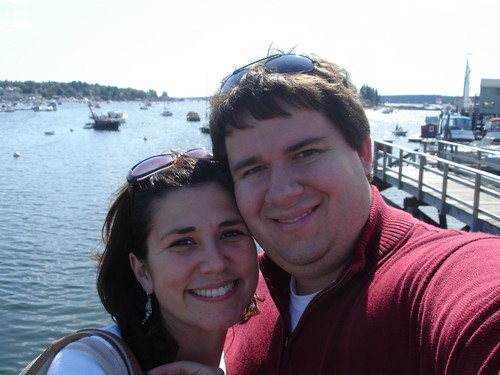Finally done with this one - it won the National Book Award, and I guess I'm still trying to figure out why... It was *pretty good*... I often found myself annoyed with it though; the writing was simply not my style. I'll give you the synopsis from Google Books.
"Three Junes" is a vividly textured symphonic novel set on both sides of the Atlantic during three fateful summers in the lives of a Scottish family. In June of 1989, Paul McLeod, the recently widowed patriarch, becomes infatuated with a young American artist while traveling through Greece and is compelled to relive the secret sorrows of his marriage. Six years later, Paul's death reunites his sons at Tealing, their idyllic childhood home, where Fenno, the eldest, faces a choice that puts him at the center of his family's future. A lovable, slightly repressed gay man, Fenno leads the life of an aloof expatriate in the West Village, running a shop filled with books and birdwatching gear. He believes himself safe from all emotional entanglements--until a worldly neighbor presents him with an extraordinary gift and a seductive photographer makes him an unwitting subject. Each man draws Fenno into territories of the heart he has never braved before, leading him toward an almost unbearable loss that will reveal to him the nature of love. Love in its limitless forms--between husband and wife, between lovers, between people and animals, between parents and children--is the force that moves these characters' lives, which collide again, in yet another June, over a Long Island dinner table. This time it is Fenno who meets and captivates Fern, the same woman who captivated his father in Greece ten years before. Now pregnant with a son of her own, Fern, like Fenno and Paul before him, must make peace with her past to embrace her future. Elegantly detailed yet full of emotional suspense, often as comic as it is sad, "Three Junes" is a glorious triptych about how we learn to live, and livefully, beyond incurable grief and betrayals of the heart--how family ties, both those we're born into and those we make, can offer us redemption and joy.
The main character, Fenno, was pretty enjoyable to read about. He seemed very realistic in all of his complexities and neuroses. "Place" is a big theme in this book. One quote that pretty much applies to all the different story lines:
"I hate it when people talk about twists of fate, when it comes to life, we spin our own yarn, and where we end up is really, in fact, where we always intended to be."
See ya stinky!
10 years ago










No comments:
Post a Comment